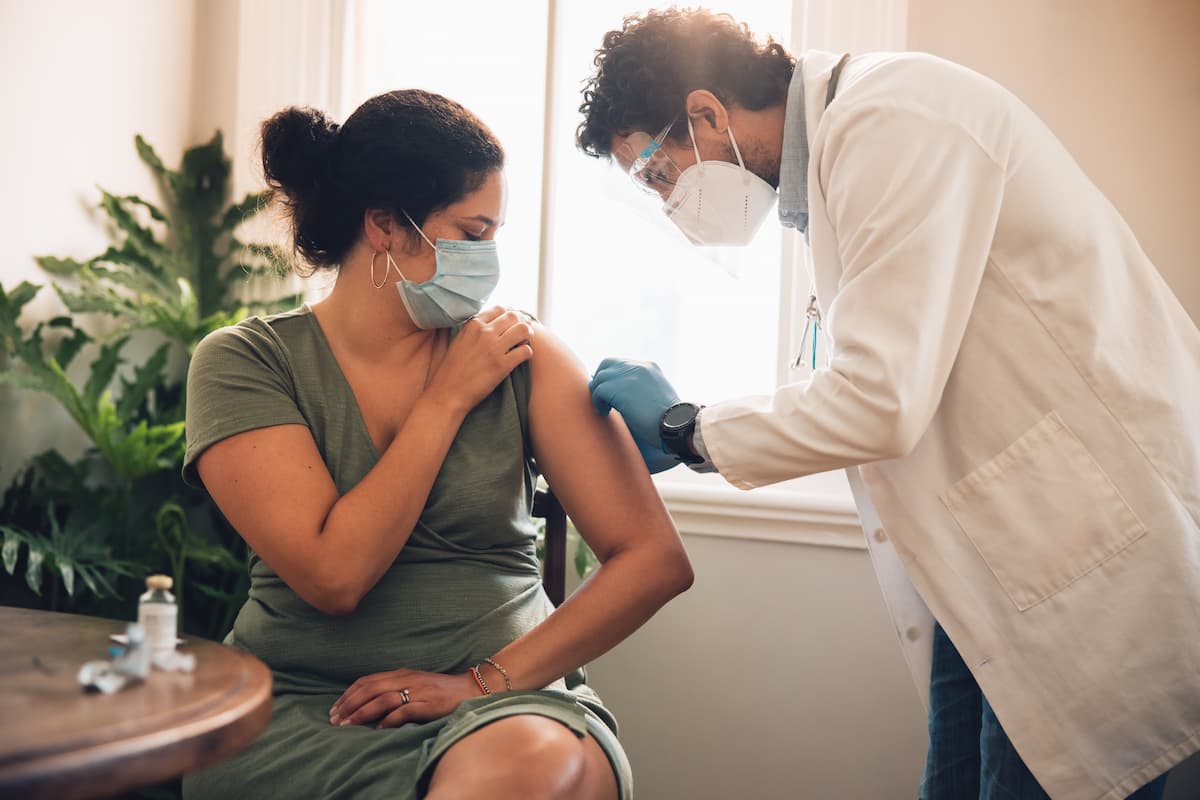Article
Intravenous Immunoglobulin Reduces Hospital Stays, Progression to Mechanical Ventilation in COVID-19 Patients
Author(s):
Intravenous Immunoglobulin helps to improve hypoxia, which can reduce the need for mechanical ventilation.
Intravenous immunoglobulin (IVIg) significantly improved hypoxia, shortened hospital stays, and lowered the likelihood of progression to mechanical ventilation in patients with coronavirus disease 2019 (COVID-19), according to a recent study by medRxiv.org.
The COVID-19 pandemic has caused over 995,000 deaths and there have been more than 32.96 million confirmed cases worldwide, according to the World Health Organization. Many critically ill patients need mechanical ventilation as a result of hypoxia.
The randomized open label study enrolled 33 patients with COVID-19 who were experiencing hypoxia and were at risk of requiring mechanical ventilation. Of the 33 participants, 17 received the basic standard of care and 16 received the basic standard of care plus IVIg (Octogam 10%, Octapharma USA), according to the study.
Mortality was reduced from 18% in the non IVIg group to 6% in those administered IVIg; however, due to the small sample size, this reduction was not deemed statistically significant.
Additionally, the IVIg group had a lower rate of progression requiring mechanical ventilation, with 7 of 12 patients in the non-IVIg group requiring ventilation compared with only 2 of 14 patients in the IVIg group, according to the study. Additionally, those in the IVIg group had an average hospital stay 8 days shorter than the non-IVG group and a shorter median ICU stay (2.5 days vs. 12.5 days).
“This finding points not only to a potential benefit of IVIG in COVID-19, but the importance of optimal patient selection for IVIg in maximizing clinical benefit,” said George Sakoulas, MD, associate professor in the Department of Pediatrics of the University of California San Diego School of Medicine, in the press release. “COVID-19 patients with mild hypoxia may never warrant anything more than supportive low-flow oxygen therapy, such that intervening with IVIg may not change the course of an otherwise benign disease course…The potential benefit of IVIg in reducing respiratory failure morbidity in COVID-19 patients was further supported by the significant shortening of duration of length hospital stay and ICU length of stay, and improvement in oxygenation (PaO2/FiO2) at day 7.”
Reference
Intravenous Immunoglobulin Significantly Reduces Respiratory Morbidity in COVID-19 Study Supported by Octapharma [News Release] September 9, 2020; Paramus, NJ. https://www.businesswire.com/news/home/20200909005674/en/Intravenous-Immunoglobulin-Significantly-Reduces-Respiratory-Morbidity-in-COVID-19-Study-Supported-by-Octapharma. Accessed September 28, 2020.
Newsletter
Stay informed on drug updates, treatment guidelines, and pharmacy practice trends—subscribe to Pharmacy Times for weekly clinical insights.

FDA Grants Full Approval to mRNA-1273 COVID-19 Vaccine in Children at Increased Risk





